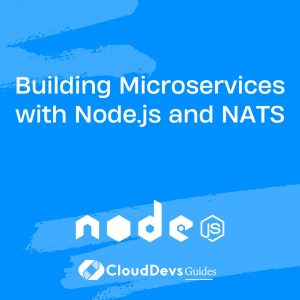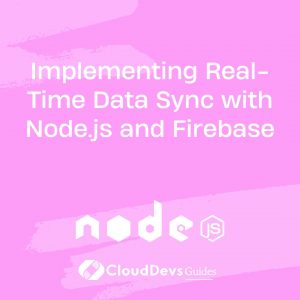Can Node.js be used for building real-time applications?
Yes, Node.js is well-suited for building real-time applications due to its event-driven, non-blocking architecture. Real-time applications require constant communication between the client and the server, often involving frequent updates and data exchanges. Node.js excels in handling such scenarios by efficiently managing concurrent connections and asynchronous operations.
One of the key features of Node.js that makes it suitable for real-time applications is its support for WebSockets. WebSockets provide full-duplex communication channels over a single TCP connection, allowing real-time data exchange between the client and the server. Node.js libraries like Socket.IO simplify WebSocket implementation and provide additional features such as fallback mechanisms for browsers that do not support WebSockets natively.
Node.js is commonly used for building various types of real-time applications, including:
Chat Applications: Node.js is widely used for developing chat applications that require instant messaging and real-time updates. With Node.js, developers can build scalable and efficient chat servers capable of handling thousands of concurrent connections.
- Online Gaming Platforms: Node.js is well-suited for building online gaming platforms that require real-time multiplayer functionality. Its ability to handle multiple concurrent connections and low-latency communication makes it ideal for gaming applications where responsiveness is crucial.
- Collaborative Tools: Node.js powers collaborative tools such as collaborative editors, document sharing platforms, and project management tools. These applications rely on real-time data synchronization and communication between multiple users, which Node.js facilitates through its event-driven architecture.
- Real-time Analytics: Node.js is used for developing real-time analytics platforms that process and analyze streaming data in real-time. By leveraging Node.js streaming capabilities and integration with data processing frameworks like Apache Kafka or Apache Spark, developers can build scalable and responsive analytics solutions.
Node.js is a powerful platform for building real-time applications due to its event-driven architecture, support for WebSockets, and ability to handle concurrent connections efficiently. Whether it’s chat applications, online gaming platforms, collaborative tools, or real-time analytics, Node.js provides the performance and flexibility required for real-time communication and data processing.







